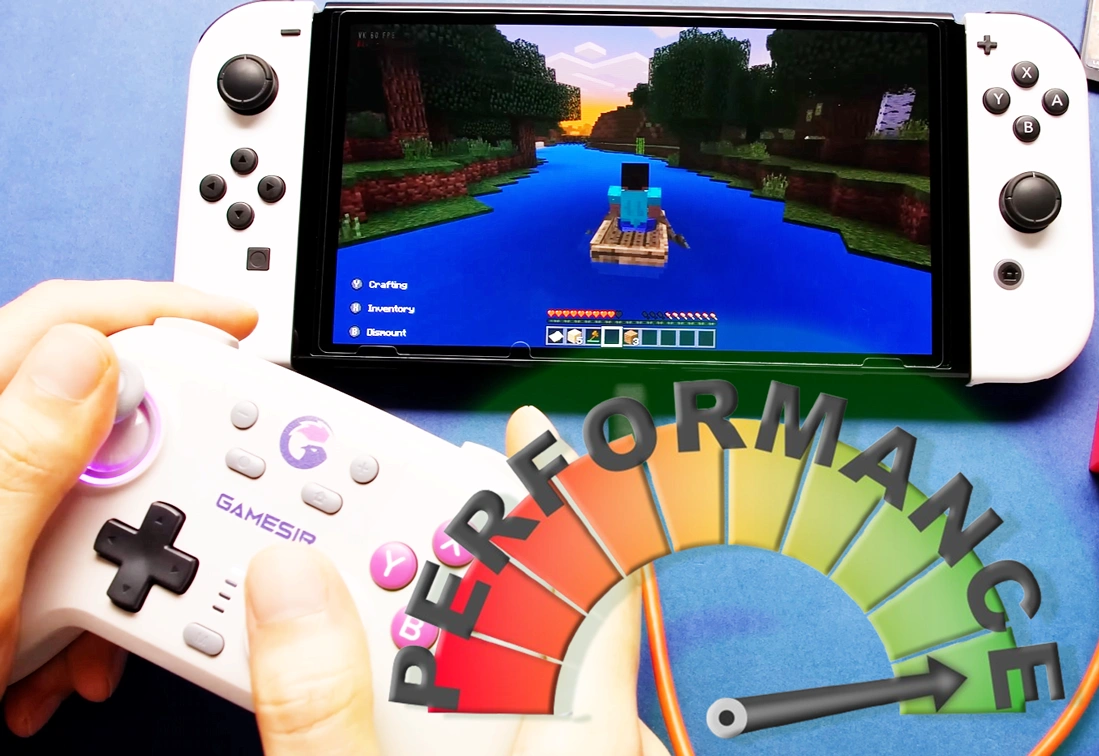Yuzu is a powerful Nintendo Switch emulator, but performance issues can affect gameplay. Lag, stuttering, and low FPS are common problems. Fortunately, optimizing settings and hardware can significantly improve performance. This guide covers the top seven ways to boost Yuzu’s speed and stability. You must Read the user openions on Reddit.
Quick Performance Fixes at a Glance
If Yuzu is running slow, these quick fixes can help. Updating Yuzu, optimizing settings, and closing background apps improve speed. Using an SSD and enabling asynchronous shaders can also reduce lag. Apply these fixes for a smoother gaming experience.
| Performance Issue | Possible Cause | Solution |
|---|---|---|
| Low FPS | Outdated Yuzu version | Update Yuzu to the latest version |
| Game stuttering | Shader compilation | Enable Asynchronous GPU Emulation |
| Slow loading times | Using an HDD | Switch to an SSD |
| Frequent crashes | Outdated GPU drivers | Update GPU drivers |
| Laggy gameplay | High background CPU usage | Close unnecessary apps |
1. Update Yuzu and Firmware
Keeping Yuzu and your firmware updated ensures better performance and compatibility. New updates fix bugs, improve speed, and support more games. Running outdated versions can cause lag, crashes, or missing features. Regular updates help Yuzu run smoothly.
Running an outdated version of Yuzu can cause slowdowns. Follow these steps to update:
- Open Yuzu > Help > Check for Updates.
- Download and install the latest version.
- Update your Nintendo Switch firmware and prod.keys files.
2. Enable Asynchronous Shader Compilation
Shader compilation can cause lag and stuttering in Yuzu. Enabling asynchronous shader compilation helps reduce these issues by preloading shaders efficiently. This improves gameplay smoothness, especially in demanding games. Activating this setting ensures a better experience.
Shader compilation can cause stuttering. To fix this:
- Go to Yuzu > Emulation > Configure > Graphics > Advanced.
- Enable Asynchronous GPU Emulation and Disk Shader Cache.
- Restart Yuzu for changes to take effect.
3. Adjust CPU Settings for Better Performance
Yuzu’s CPU settings greatly affect game performance. Optimizing these settings can boost speed and reduce lag. Adjusting CPU accuracy and enabling multicore emulation helps balance performance and stability. The proper configuration ensures smoother gameplay and fewer slowdowns.
Yuzu’s CPU settings impact speed. Try these adjustments:
- Set CPU Accuracy to Auto for balanced performance.
- If games stutter, change it to Unsafe (may cause instability).
- Ensure Multicore CPU Emulation is enabled in settings.
4. Optimize Graphics Settings
Graphics settings play a crucial role in Yuzu’s performance. Adjusting them can boost FPS and reduce lag. Choosing the right API, resolution scaling, and other options improves game speed. Optimizing these settings ensures a smoother gameplay experience.
Lowering graphics settings can boost FPS. Follow these steps:
- Open Yuzu > Configure > Graphics.
- Set API to Vulkan (best for AMD GPUs) or OpenGL (better for NVIDIA).
- Set Resolution Scaling to 1x to reduce rendering load.
5. Update GPU Drivers
Outdated GPU drivers can cause lag, crashes, and poor performance in Yuzu. Updating your graphics drivers ensures better compatibility and speed. New drivers often include performance boosts and bug fixes. Keeping them up to date helps Yuzu run smoothly.
Outdated graphics drivers can slow down Yuzu. Update them here:
- NVIDIA: Download the latest drivers.
- AMD: Update your drivers.
- Intel: Check for updates.
6. Disable Unnecessary Background Processes
Background apps can consume CPU, RAM, and GPU resources, slowing down Yuzu. Closing unnecessary processes frees up system power for better performance. Disabling Windows Game Mode and other resource-heavy apps can also help. This ensures smoother gameplay with fewer slowdowns.
Running too many background apps can impact performance. Try this:
- Open Task Manager (Ctrl + Shift + Esc).
- Close apps using high CPU, RAM, or GPU.
- Disable Windows Game Mode in Settings > Gaming > Game Mode.
7. Use an SSD Instead of an HDD
Running Yuzu on an SSD improves game load times and performance. HDDs are slower and can cause lag or stuttering. Moving Yuzu and game files to an SSD speeds up data access. This helps ensure smoother gameplay and faster loading.
Loading games from an SSD reduces lag and improves load times.
- Move Yuzu and game files to an SSD for better performance.
- If using an HDD, defragment it regularly.
Conclusion
Improving Yuzu’s performance requires the right settings and hardware optimizations. Updating Yuzu, tweaking CPU and graphics settings, and running games from an SSD can significantly boost speed. Follow these fixes to enjoy smoother gameplay. If issues persist, check forums for more solutions.
